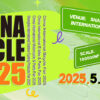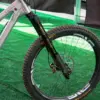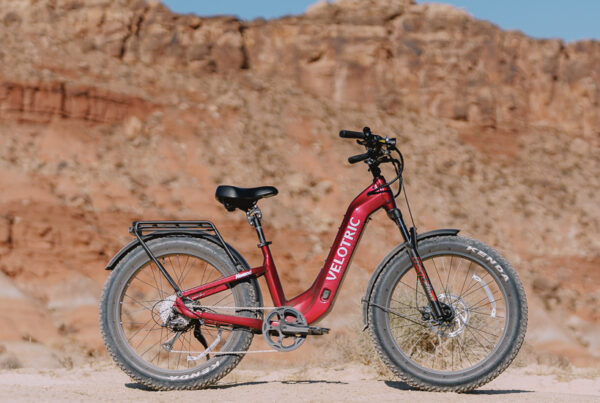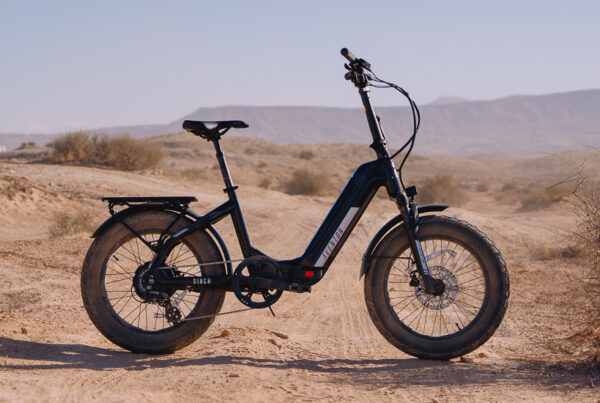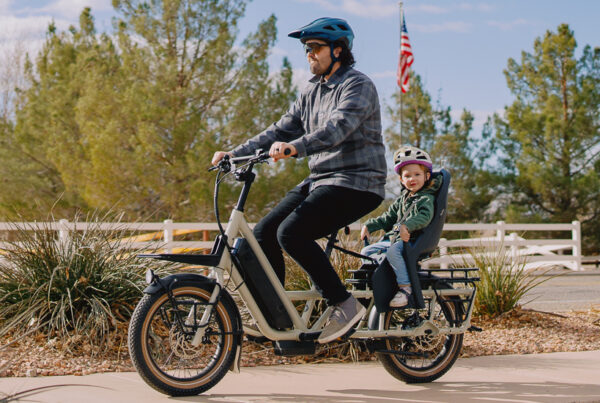Some links may be affiliate links. We may get paid if you buy something or take an action after clicking one of these.
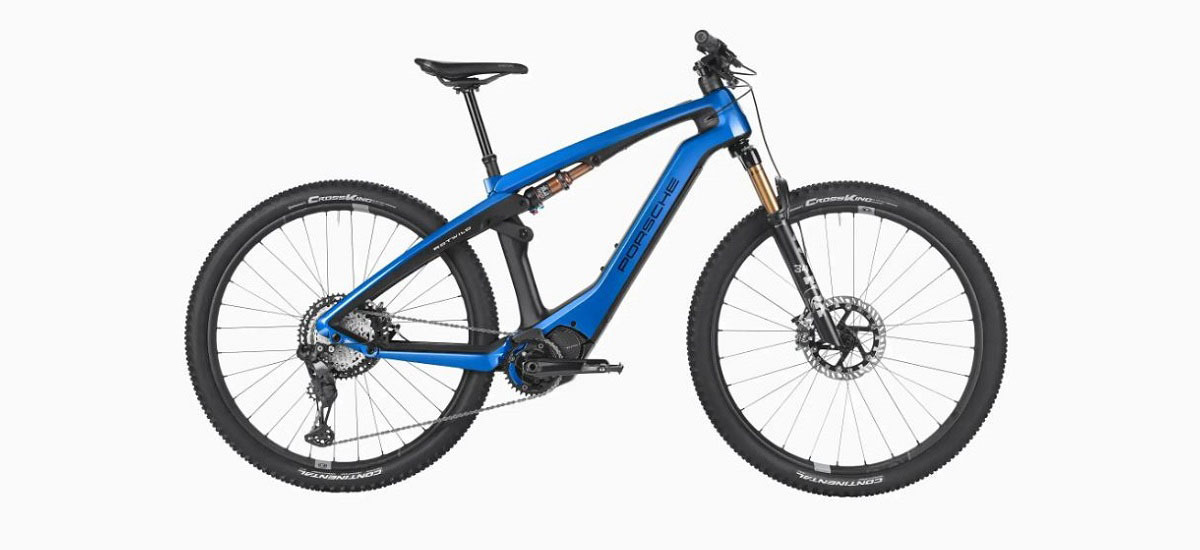
How far will automotive and motorbike tech be integrated into e-bikes? Much more in future if Niche and Pendix have their way. They feature in the headline story as they are both seeking to replace traditional bike gearing, be it in derailleur form or hub gear form, with a single mid-drive unit. Niche are even claiming to do it solely by electronic rather than mechanical means. It sounds revolutionary but is it a solution to a problem that doesn’t exist? Today’s e-bikes are very good technically speaking and many aspects of bike and e-bike technology have improved out of all recognition over the past few decades – arguably the real holy grail is new battery chemistry that could lead to much lighter and quicker charging e-bikes. Perhaps in heavy duty applications these new ‘all in one’ mid-motor designs could find a use but that is still a niche genre of e-bikes, though a rapidly growing one.
In this week’s e-bike news:
- ‘Revolutionary’ new mid-drives from Niche and Pendix
- New e-bikes from Porsche and DYU
- New, three e-bike folding and tilting rack from Thule
- Amsterdam; microcar wars explained
Are these New Mid-drive Really Revolutionary?
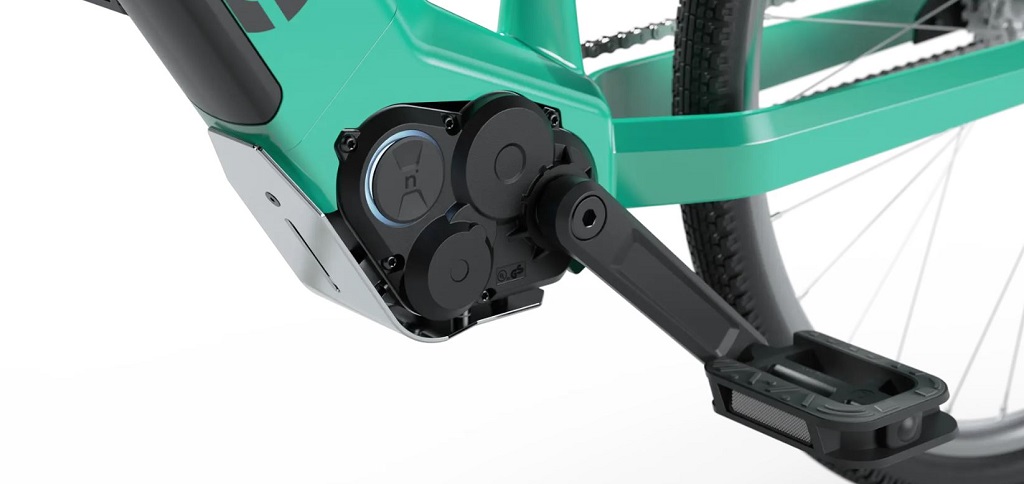
New Atlas reports on Niche Mobility’s planned mid-drive that promises to do away not only with conventional bike gearing but with mechanical gearing on e-bikes altogether;
‘Spanish startup Niche Mobility has announced the development of “the first drive system for electric bicycles with regenerative braking and a virtual gearbox,” which will be made available to ebike makers from next year.

It sounds a difficult concept to grasp but New Atlas tells us ‘Niche’s patented Automatic Digital Transmission System (ADTS) has been developed completely in-house and is made up of a 250-W motor capable of up to 120 Nm (88.5 lb.ft) of torque that comes with a virtual gearbox and regen braking’ adding ‘Input from the rider is “mechanically independent from output” to the rear wheel – which means that pedal power is routed to an onboard generator to charge the battery.….The system is home to a traction motor too, which is linked to the rear wheel via chain or belt. The included ebike control unit continuously calculates the amount of output needed at the wheel based on data from the onboard speed, torque and “slope” sensors, and then smoothly adjusts motor assistance as necessary – which is likened to how continuously variable transmission (CVT) works…’
It’s early days yet for Niche, as their Crowdcube share offer states they still have to produce a Beta prototype and but they have a plan for 500 finished units to be manufactured for European OEM customers during 2024.

German language news sites have broken the story of a new mid-motor from German company Pendix. Currently Pendix is known for producing a direct drive motor that mounts opposite your chainwheel – it’s heavy but extremely well made and simple to use as we found when we looked at the system.
Their new mid-drive, the Pendix gDrive, is more ambitious yet, featuring an ‘integrated gearbox and with ‘a modular design’ that is said to be easy to repair. Those are really the only details available but a full reveal is promised at Eurobike which takes place in Frankfurt, Germany, June 21-25.
You might think producing an e-bike drive system that doesn’t need manual gears would be an easy matter (of course there are single speed e-bikes but these conventional models have their limitations). After all, electric motorbikes and cars manage without gears but still manage impressive hill climbing feats. The problem of course is that e-bikes are limited to a 750 watt rating in the US and 250W in Europe and so feature bike gearing to leverage every bit of that manual power. With much more power on tap for larger machines gears are less of a necessity. It’s a technical challenge that already has the likes of Valeo and Revonte attempting to solve it, though their motors are only in use by a tiny number of e-bike companies.
New E-bike Roundup – Porsche & DYU
More signs that Porsche is serious about entering the e-bike world as a major player – at the premium priced end of the market naturally – with the announcement of two new e-mtbs to add their existing sporty hybrid models the Porsche eBike Sport and Cross.
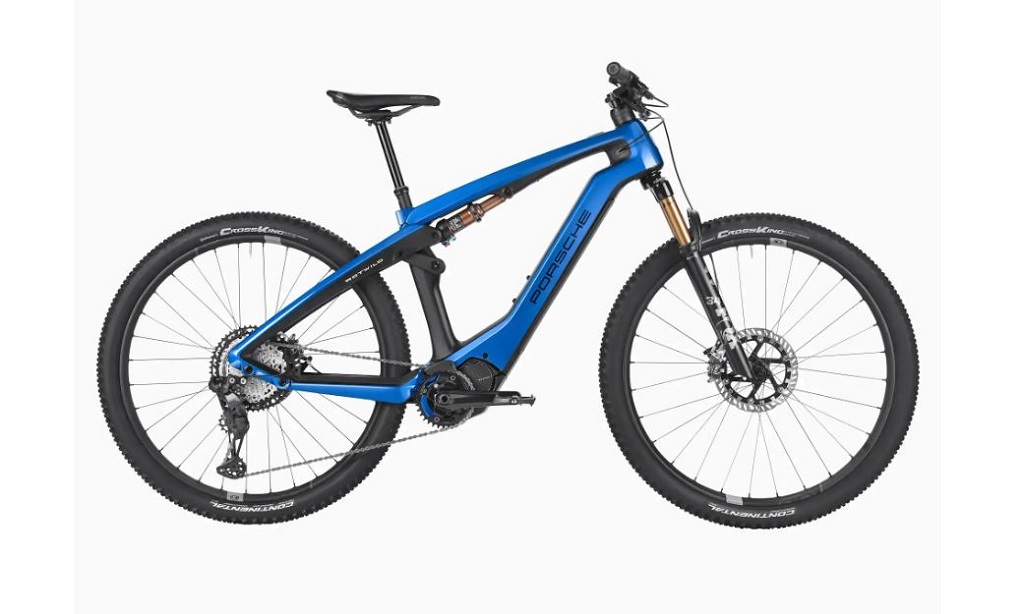
At €12,900, the Porsche eBike Cross Performance gets high end Fox full suspension and a Shimano EP-801 motor and 630 WH battery. The Porsche Cross Performance EXC is €13,900 and can be ordered in a range of Porsche classic car colours. At 21kg / 46.3 lbs the bike weights are a little disappointing.
Probably of more interest than the actual spec is the fact that Porsche have chosen to stick with the same Shimano mid-drives that they use on existing models, despite the fact that they
We recently featured China-based DYU’s King 750 fat tire e-bike and now the new range is completed with two more models, both funkier and more original looking.
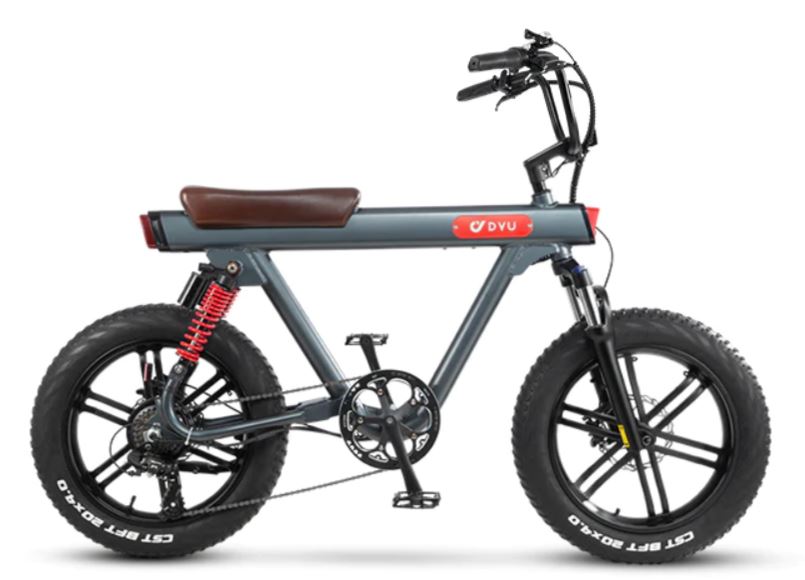
The V8 is described as a fat tire bike for urban commuting and the class 3, 28mph model packs a rear hub motor and 744Wh battery with motorbike style bench seat and dual rear suspension.

The T1 is even more unusual looking and boasts torque-sensing pedal assist, a folding magnesium frame, mag wheels and mechanical disc brakes.
Respective discounted prices are 1499$ and $999 – note the bikes are also available in the UK with free shipping within 2-7 business days.
Thule’s Latest E-bike Carrier is Foldable and Tiltable

Thule’s newest towbar carrier, the Eposis a foldable and tiltable bike carrier that transports bikes of any type or size including e-bikes.
The Epos can carry up to three bikes with a max weight of 66 pounds each. It also folds down when not in use to 27 x 10.6 x 28.7 inches and weighs 38.1 pounds. RRP is $1,102.50 for the two-bike option and $1,213.25 for the three-bike carrier.
How the Dutch Dealt with Microcars in Bike Lanes
Should electric microcars be allowed in bike lanes? That’s the question posed by this fascinating Bloomberg article. As Amsterdam has a great bike lane network and two popular microcars, both classed legally as e-bikes – the Canta and the Biro – it has been a unique test bed for just what size e-bike and e-bike like vehicles can be allowed in the Dutch capital’s superb bike lane network.
What are these vehicles and what is their legal status?

The article describes the Canta as a ‘Dutch-built microcar designed in the 1990s specifically for those with limited mobility. The Canta comes in several configurations, including one in which passenger seats are removed so that wheelchair users can enter through the rear and roll up to the steering wheel. According to Dutch law, no driver’s permit or license plate is required to operate one, as it’s classified as a mobility aid.’ They have a max speed of 28mph and are 44 inches wide.
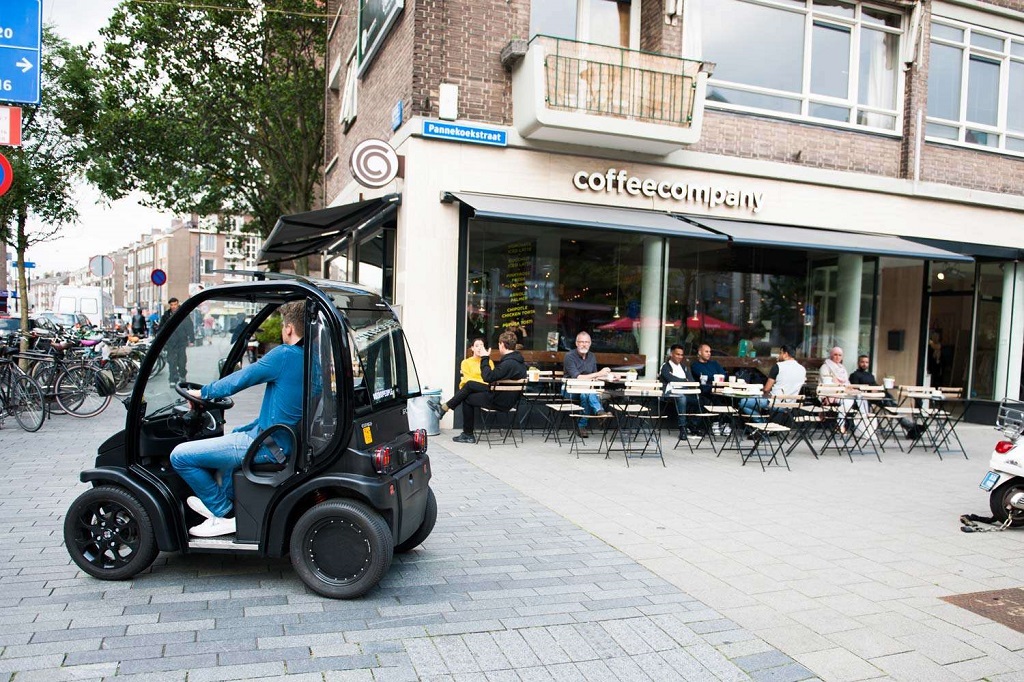
The Biro, whilst having a similar spec to the Canta, had a very different target market – ‘a Canta for celebrities’ as the article describes it – indeed, costing up to $20,000 they certainly sound to be for people who have celebrity-like wealth. As the article tells us, ‘In 2019, an Amsterdam court reached the unsurprising conclusion that Biros were not, in fact, mobility aids for disabled people. Owners had to obtain a license plate, earn a moped driving permit, stay out of bike lanes and stop parking on the sidewalk.’
In the end the city authorities – keen not to legislate microcars out of existence – came up with a compromise – ‘a new citywide, two-year parking permit for microcars costing €450 that applicants could obtain in a matter of days…..for [full-sized] cars, the waitlist for a permit can be three weeks to six months.’
Reader Interactions
![]()
Source link



